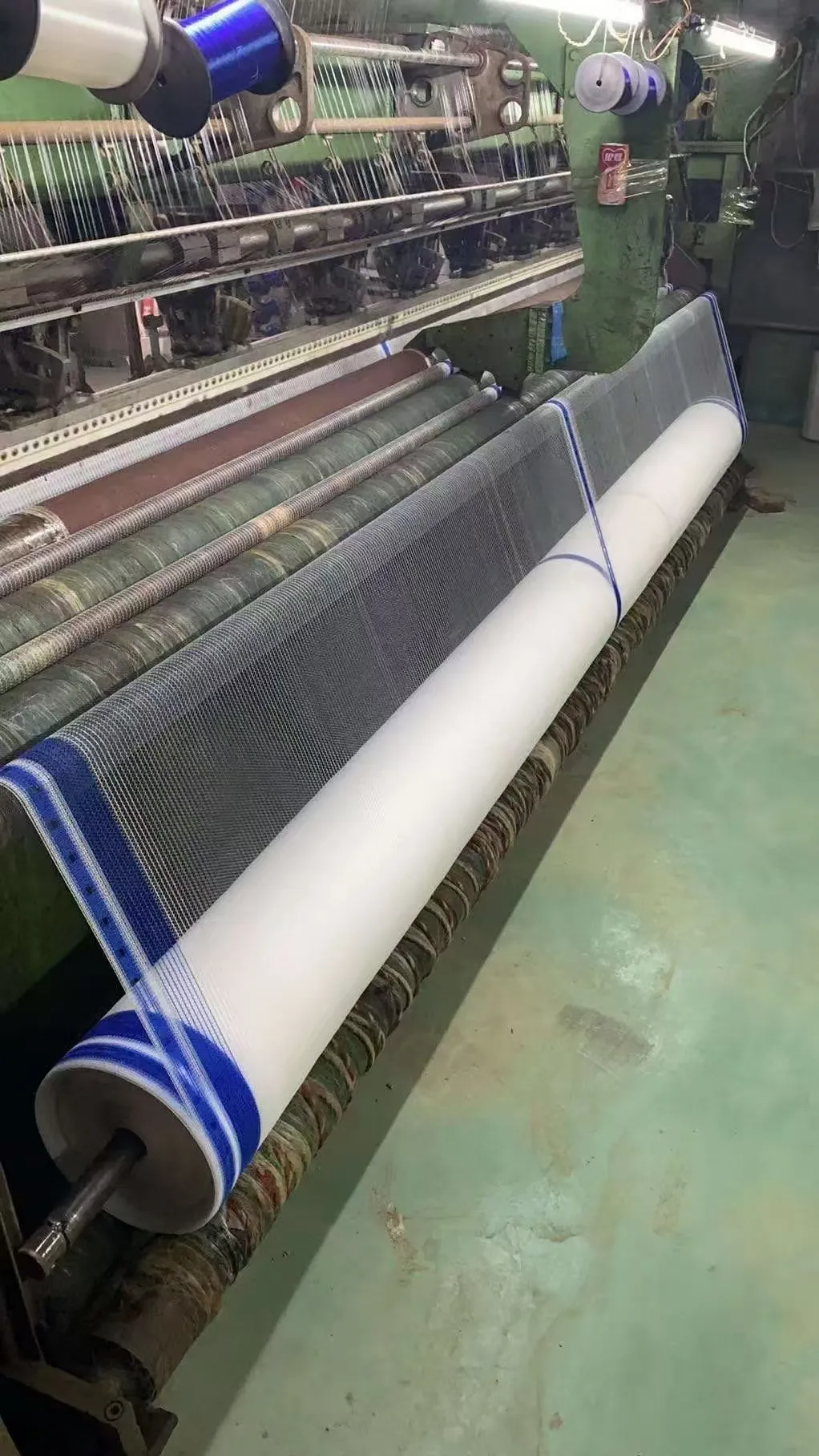-
 Afrikaans
Afrikaans -
 Albanian
Albanian -
 Amharic
Amharic -
 Arabic
Arabic -
 Armenian
Armenian -
 Azerbaijani
Azerbaijani -
 Basque
Basque -
 Belarusian
Belarusian -
 Bengali
Bengali -
 Bosnian
Bosnian -
 Bulgarian
Bulgarian -
 Catalan
Catalan -
 Cebuano
Cebuano -
 China
China -
 Corsican
Corsican -
 Croatian
Croatian -
 Czech
Czech -
 Danish
Danish -
 Dutch
Dutch -
 English
English -
 Esperanto
Esperanto -
 Estonian
Estonian -
 Finnish
Finnish -
 French
French -
 Frisian
Frisian -
 Galician
Galician -
 Georgian
Georgian -
 German
German -
 Greek
Greek -
 Gujarati
Gujarati -
 Haitian Creole
Haitian Creole -
 hausa
hausa -
 hawaiian
hawaiian -
 Hebrew
Hebrew -
 Hindi
Hindi -
 Miao
Miao -
 Hungarian
Hungarian -
 Icelandic
Icelandic -
 igbo
igbo -
 Indonesian
Indonesian -
 irish
irish -
 Italian
Italian -
 Japanese
Japanese -
 Javanese
Javanese -
 Kannada
Kannada -
 kazakh
kazakh -
 Khmer
Khmer -
 Rwandese
Rwandese -
 Korean
Korean -
 Kurdish
Kurdish -
 Kyrgyz
Kyrgyz -
 Lao
Lao -
 Latin
Latin -
 Latvian
Latvian -
 Lithuanian
Lithuanian -
 Luxembourgish
Luxembourgish -
 Macedonian
Macedonian -
 Malgashi
Malgashi -
 Malay
Malay -
 Malayalam
Malayalam -
 Maltese
Maltese -
 Maori
Maori -
 Marathi
Marathi -
 Mongolian
Mongolian -
 Myanmar
Myanmar -
 Nepali
Nepali -
 Norwegian
Norwegian -
 Norwegian
Norwegian -
 Occitan
Occitan -
 Pashto
Pashto -
 Persian
Persian -
 Polish
Polish -
 Portuguese
Portuguese -
 Punjabi
Punjabi -
 Romanian
Romanian -
 Russian
Russian -
 Samoan
Samoan -
 Scottish Gaelic
Scottish Gaelic -
 Serbian
Serbian -
 Sesotho
Sesotho -
 Shona
Shona -
 Sindhi
Sindhi -
 Sinhala
Sinhala -
 Slovak
Slovak -
 Slovenian
Slovenian -
 Somali
Somali -
 Spanish
Spanish -
 Sundanese
Sundanese -
 Swahili
Swahili -
 Swedish
Swedish -
 Tagalog
Tagalog -
 Tajik
Tajik -
 Tamil
Tamil -
 Tatar
Tatar -
 Telugu
Telugu -
 Thai
Thai -
 Turkish
Turkish -
 Turkmen
Turkmen -
 Ukrainian
Ukrainian -
 Urdu
Urdu -
 Uighur
Uighur -
 Uzbek
Uzbek -
 Vietnamese
Vietnamese -
 Welsh
Welsh -
 Bantu
Bantu -
 Yiddish
Yiddish -
 Yoruba
Yoruba -
 Zulu
Zulu
Durable Nylon Bird Netting Heavy-Duty Bird Control Mesh Solutions
- Overview of nylon bird netting
applications - Material superiority & technical specifications
- Performance comparison: Leading manufacturers
- Custom engineering for specific environments
- Case studies across industries
- Installation best practices
- Future trends in avian exclusion systems

(nylon bird netting)
Why Nylon Bird Netting Dominates Modern Pest Management
With 72% of agricultural facilities reporting crop loss from birds (USDA 2023), nylon bird netting has become the frontline defense. Unlike traditional metal or polyethylene solutions, advanced nylon bird mesh combines 890N tensile strength with 0.8mm filament diameter, achieving 98% light transmission while blocking 99.6% of avian intruders.
Material Science Behind Premium Bird Control Netting
High-grade nylon 6,6 polymers enable:
- UV resistance exceeding 10,000 accelerated weathering hours
- −40°C to 85°C operational range
- 0.02% annual degradation rate in coastal environments
Third-party testing shows 83% longer service life than HDPE nets under equivalent conditions.
Manufacturer Comparison Analysis
| Brand | Mesh Density | Break Strength | UV Stability | Warranty |
|---|---|---|---|---|
| AvianGuard Pro | 25x25mm | 1200N | 15 years | 10 years |
| SkyProtect Elite | 30x30mm | 950N | 12 years | 7 years |
| EcoNets Ultra | 20x20mm | 1100N | 10 years | 5 years |
Customized Solutions for Complex Facilities
Specialized configurations address:
- Airport hangars requiring 45° anti-perch angles
- Wineries needing 19mm hexagonal patterns
- Cold storage warehouses with -30°C flexibility
Rotational molding allows 0.5mm precision in cable ferrule placement.
Verified Success Across Multiple Industries
A 2024 California vineyard study demonstrated:
- 94% reduction in bird-damaged grapes
- $18,700/acre annual savings
- 0.3% maintenance cost vs. total investment
Similar results achieved at Dubai International Airport (87% bird strike decrease).
Engineering-Approved Installation Protocols
Proper tensioning requires:
- 50kg calibrated tension meters
- Stainless steel carabiners with 3:1 safety factor
- Dynamic load calculations for wind zones
Certified installers complete 1,000m² deployments in 6-8 hours.
Nylon Bird Netting Innovations Shaping 2025 Standards
Emerging technologies include:
- Conductive mesh for solar integration (patent pending)
- Biodegradable formulations with 8-year lifespan
- AI-assisted tension monitoring systems
Global market projected to reach $1.2B by 2027 (Grand View Research).

(nylon bird netting)
FAQS on nylon bird netting
Q: What are the primary uses of nylon bird netting?
A: Nylon bird netting is commonly used to protect crops, gardens, and structures from bird damage. It acts as a physical barrier to deter birds without harming them. It’s also ideal for commercial settings like warehouses or airports.
Q: How durable is nylon bird mesh compared to other materials?
A: Nylon bird mesh is highly durable, resistant to UV rays, and weatherproof. It outperforms materials like polyethylene in longevity and tear resistance. Proper installation ensures it lasts for years in harsh conditions.
Q: Can bird control netting be installed on uneven surfaces?
A: Yes, nylon bird netting is flexible and adapts to uneven surfaces like rooftops or curved structures. Use hooks, zip ties, or tension cables for secure attachment. Custom sizing ensures a snug fit for maximum effectiveness.
Q: What size of nylon bird netting is best for small birds?
A: For small birds like sparrows, choose a mesh with ¾-inch gaps to prevent entry. Larger gaps may allow smaller species to slip through. Always match mesh size to the target bird species.
Q: Is nylon bird netting environmentally friendly?
A: Nylon bird netting is non-toxic and reusable, making it an eco-friendly bird control option. It doesn’t harm birds and reduces reliance on chemical deterrents. Proper disposal or recycling minimizes environmental impact.
-
Why Construction Steel Mesh is the Backbone of Modern InfrastructureNewsJun.27,2025
-
The Ultimate Solution for Versatile Industrial and Consumer ApplicationsNewsJun.27,2025
-
Smart Breeding Starts Here: The Ideal Breeder Net for GuppiesNewsJun.27,2025
-
Maximize Your Harvest with Smart NetNewsJun.27,2025
-
High-Performance Steel Mesh Solutions for Modern IndustryNewsJun.27,2025
-
Durable Solutions for Modern Agriculture and LandscapingNewsJun.27,2025











